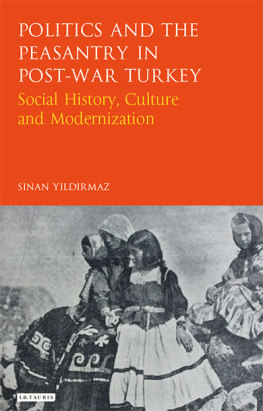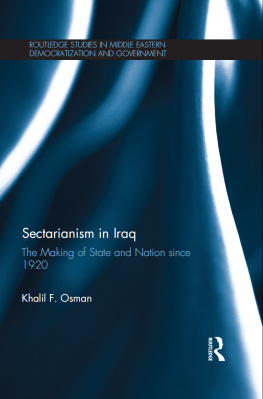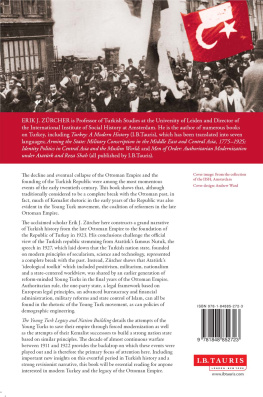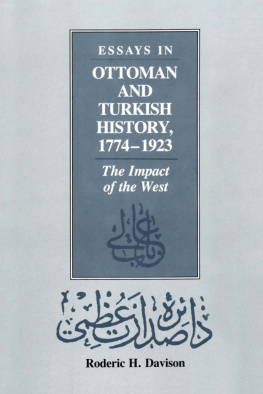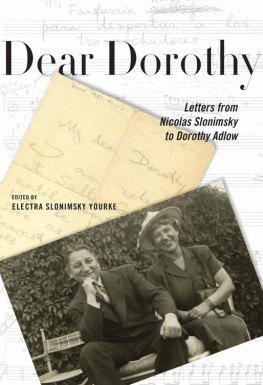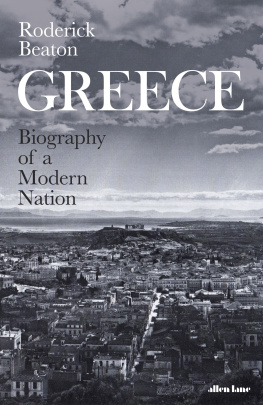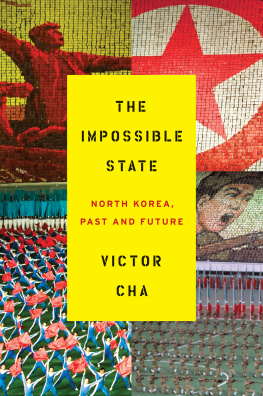POST-OTTOMAN TOPOLOGIESStudies in Social Analysis
General Editor: Martin Holbraad
University College London
Focusing on analysis as a meeting ground of the empirical and the conceptual, this series provides a platform for exploring anthropological approaches to social analysis while seeking to open new avenues of communication between anthropology and the humanities, as well as other social sciences.
Volume 8
Post-Ottoman Topologies: The Presence of the Past in the Era of the Nation-State
Edited by Nicolas Argenti
Volume 7
Hierarchy and Value: Comparative Perspectives on Moral Order
Edited by Jason Hickel and Naomi Haynes Afterword by David Graeber
Volume 6
Animism beyond the Soul: Ontology, Reflexivity, and the Making of Anthropological Knowledge
Edited by Katherine Swancutt and Mireille Mazard
Volume 5
Affective States: Entanglements, Suspensions, Suspicions
Edited by Mateusz Laszczkowski and Madeleine Reeves
Volume 4
Stategraphy: Toward a Relational Anthropology of the State
Edited by Tatjana Thelen, Larissa Vetters, and Keebet von Benda-Beckmann
Volume 3
Straying from the Straight Path: How Senses of Failure Invigorate Lived Religion
Edited by David Kloos and Daan Beekers
Volume 2
Emptiness and Fullness: Ethnographies of Lack and Desire in Contemporary China
Edited by Susanne Bregnbk and Mikkel Bunkenborg
Volume 1
Being Godless: Ethnographies of Atheism and Non-Religion
Edited by Ruy Llera Blanes and Galina Oustinova-Stjepanovic
POST-OTTOMAN TOPOLOGIES
The Presence of the Past in the Era of the Nation-State
Edited by
Nicolas Argenti
First published in 2019 by
Berghahn Books
www.berghahnbooks.com
2019 Berghahn Books
Originally published as a special issue of Social Analysis, volume 61, issue 1.
All rights reserved. Except for the quotation of short passages for the purposes of criticism and review, no part of this book may be reproduced in any form or by any means, electronic or mechanical, including photocopying, recording, or any information storage and retrieval system now known or to be invented, without written permission of the publisher.
Library of Congress Cataloging-in-Publication Data
Names: Argenti, Nicolas, editor.
Title: Post-Ottoman topologies : the presence of the past in the era of the
nation-state / edited by Nicolas Argenti.
Description: New York : Berghahn Books, 2019. | Series: Studies in social
analysis ; Volume 8 | Includes bibliographical references and index.
Identifiers: LCCN 2019011296 (print) | LCCN 2019011513 (ebook) | ISBN 9781789202410 (ebook) | ISBN 9781789202397 (hardback : alk. paper) | ISBN 9781789202403 (pbk. : alk. paper)
Subjects: LCSH: NationalismBalkan Peninsula. | National characteristics, Balkan. | Collective memoryBalkan Peninsula. | Balkan Peninsula History20th century.
Classification: LCC DR38.2 (ebook) | LCC DR38.2 .P67 2019 (print) | DDC 320.5409496dc23
LC record available at https://lccn.loc.gov/2019011296
British Library Cataloguing in Publication Data
A catalogue record for this book is available from the British Library.
Dedicated to the memory of Peter Loizos (19372012)
CONTENTS
Nicolas Argenti
Daniel M. Knight
David Henig
Alice von Bieberstein
Laurie Kain Hart
Penelope Papailias
Sverine Rey
Dimitra Gefou-Madianou
Charles Stewart
ILLUSTRATIONS
INTRODUCTION
The Presence of the Past in the Era of the Nation-State
Nicolas Argenti
The melancholy of this dying culture was all around us. Great as the desire to Westernise and modernise may have been, the more desperate wish, it seemed, was to be rid of all the bitter memories of the fallen empire: rather as a spurned lover throws away his lost beloveds clothes, possessions and photographs. But as nothing, Western or local, came to fill the void, the great drive to Westernise amounted mostly to the erasure of the past. (Pamuk 2005: 27)
The Ottoman world was pluralreligiously, culturally, linguistically, and legally, with members of the millets or castes within the empire subject to different regimes of taxation, dress code, legal rights, and obligationsbut it was by the same token a unified social and political space in which Christians and Jews as well as Muslims could thrive as traders and professionals and could ascend to the highest levels of political authority and influence. The demise of the Ottoman Empire in the nationalist wars of the early twentieth century gave rise to a multiplicity of autonomous nation-states defined by their ethnicity in a forced movement of peoples the likes of which the world had never seen before. This volume examines how individual and collective memories, affective states, and embodied experience are born from episodes of rapid social transformation, crisis, and political violence in the transition from an ethnically and culturally plural empire to a congeries of nation-states defined by nationalist ideologies predicated on the realization of ethnic and religious homogeneity.
Space without Places, Time without Duration: Temporalities of Culture/Cultures of Temporality
Maria Couroucli (2012: 12) has recently referred to the newly nationalized, monocultural and monochromatic societies of the Eastern Mediterranean as a post-Ottoman space in which religious pluralism gave way in the twentieth century to nationalist cultural homogeneity in the image of Western nation-states.1 The term post-Ottoman as we use it here is intended to question the nationalist assumptions that are often used to explain the fracturing of the Ottoman Empire and the dissemination of the modernist ideal of the ethnically pure and sovereign nation-state. To adopt a post-Ottoman perspective is to ask what the loss of Ottoman identity as a supra-ethnic affiliation has entailed and how the violent ruptures occasioned by the collapse of the empire live on in contemporary social formations. In doing so, the contributions to this collection question the applicability of dominant models of linear time, revealing that peoples of the post-Ottoman world do not always experience their relationship to the historical transformations they have witnessed in a straightforwardly chronological fashion, as the Time of the State would have it, with the beginning of political time marked (and commemorated annually) by the birth of the sovereign nation in the violent destruction of an inevitably derided original state of ethno-religious and cultural pluralism. This is not to suggest that post-Ottomanism is a form of collective social atavism, nor does it entail an idealization of the Ottoman Empire in terms of a Rousseauesque prelapsarian Eden of uninterrupted equality and peace. Nationalist historiographies have nonetheless focused on the breakers and white caps of historical crises while ignoring the underlying tides of intercommunality that bound plural communities and


